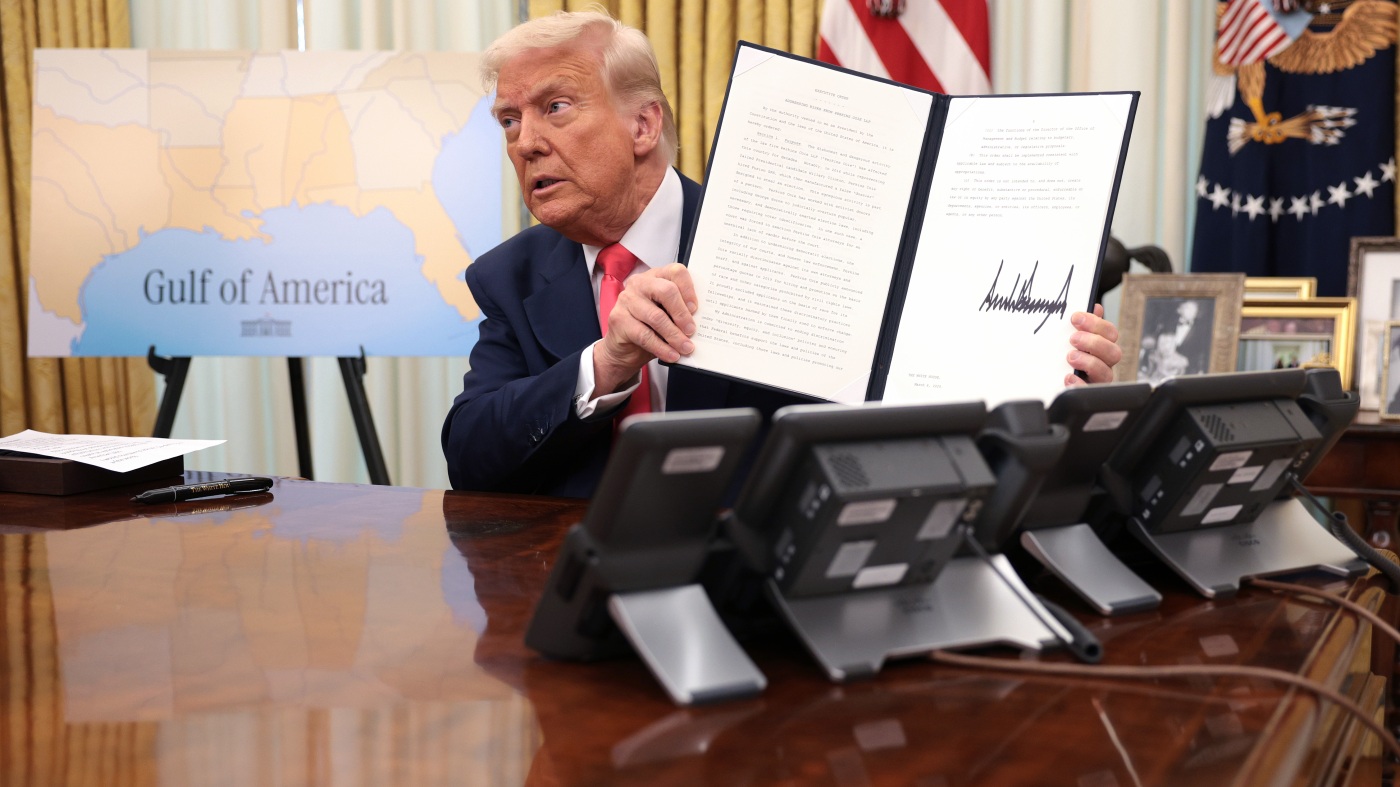The Unconstitutional Retaliation: Trump’s Executive Order Against Perkins Coie
A Delicate Balance: Executive Power vs. Constitutional Protections
In a significant judicial decision, U.S. District Judge Beryl Howell ruled that President Donald Trump’s executive order targeting the law firm Perkins Coie was unconstitutional. This ruling is a pivotal moment in the ongoing debate about the limits of executive power and the protections afforded by the Constitution. The case not only highlights the legal intricacies but also underscores the broader implications for free speech, due process, and judicial independence in the United States.
The Executive Order: A Targeted Attack
The Order and Its Intent
In March, President Trump issued an executive order aimed at punishing Perkins Coie for its legal work on behalf of Democratic clients, notably the Clinton campaign. The order accused the firm of engaging in “dishonest and dangerous activity” and imposed several punitive measures. These included suspending security clearances held by Perkins Coie employees and prohibiting government contractors from retaining the firm’s services. The order was widely seen as a direct retaliation for the firm’s political affiliations and legal work, raising serious questions about the boundaries of executive authority.
The Context of Retaliation
The context surrounding the executive order was crucial in Judge Howell’s decision. The order, accompanied by a fact sheet, explicitly expressed President Trump’s disapproval of Perkins Coie’s First Amendment activities. This context demonstrated that the order was targeted at the firm because of its support for employment policies and representation of Democratic clients. The judge’s ruling emphasized that the government cannot retaliate against individuals or entities for exercising their constitutional rights.
Legal Arguments and Judicial Scrutiny
Free Speech and Due Process
Judge Howell’s ruling was grounded in the principles of free speech and due process. The executive order was deemed unconstitutional because it violated the First and Fifth Amendments. The order was seen as an unconstitutional retaliation for the firm’s First Amendment activities, specifically its support for employment policies and representation of Democratic clients. The judge noted that the order was motivated by retaliation and could not be enforced. This ruling underscored the fundamental principle that the government cannot punish individuals or entities for exercising their constitutional rights.
Judicial Independence and Executive Overreach
The judge also highlighted the executive order’s attack on the foundational principles of the American judicial system. The order was described as an unprecedented and unconstitutional attempt to retaliate against a law firm for its legal work and political affiliations. Judge Howell’s decision was a clear rebuke of executive overreach and a reaffirmation of judicial independence. This ruling serves as a reminder that the judiciary plays a crucial role in ensuring that the government adheres to the Constitution and the rule of law.
The Broader Implications
Free Speech and Political Retaliation
The ruling has far-reaching implications for free speech and political retaliation. It sends a clear message that the government cannot punish individuals or entities for their political affiliations or legal work. The decision reaffirms the principle that the First Amendment protects citizens from government retaliation for exercising their constitutional rights. This is a significant victory for free speech and a reminder that the government must respect the constitutional protections afforded to all citizens.
Judicial Independence and Executive Power
The ruling also underscores the importance of judicial independence in checking executive power. Judge Howell’s decision is a reminder that the judiciary plays a crucial role in ensuring that the government adheres to the Constitution. The ruling is a rebuke of executive overreach and a reaffirmation of the principle that the government is subject to the rule of law. This decision serves as a bulwark against future attempts at unconstitutional retaliation and a reminder that the judiciary will stand guard over the Constitution.
The Legal Profession and Political Retaliation
The ruling has implications for the legal profession and the broader issue of political retaliation. The decision sends a clear message that the government cannot retaliate against law firms for their legal work or political affiliations. This ruling is a victory for the legal profession and a reaffirmation of the principle that lawyers can represent clients without fear of government retaliation. It ensures that the legal profession can continue to operate independently and without undue influence from the executive branch.
A Victory for Constitutional Principles
Judge Beryl Howell’s ruling striking down President Trump’s executive order targeting Perkins Coie is a victory for constitutional principles. The decision reaffirms the importance of free speech, due process, and judicial independence. It sends a clear message that the government cannot retaliate against individuals or entities for exercising their constitutional rights. The ruling is a reminder that the government is subject to the rule of law and that the judiciary plays a crucial role in ensuring that the government adheres to the Constitution. This decision will undoubtedly resonate throughout the legal community and beyond, serving as a bulwark against future attempts at unconstitutional retaliation. It stands as a testament to the enduring strength of the Constitution and the principles it upholds.








